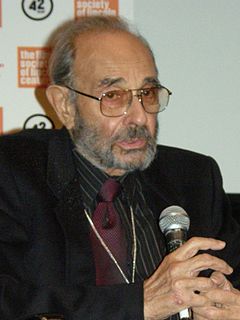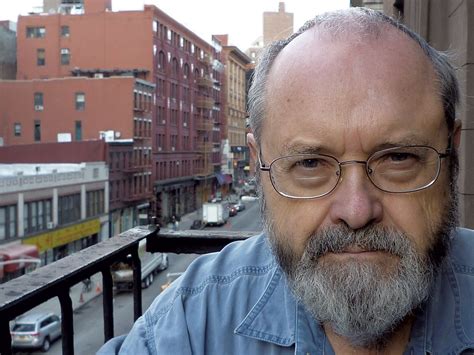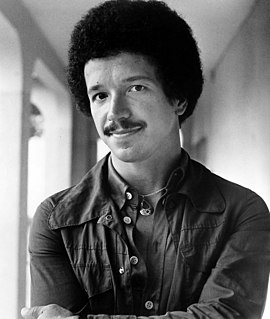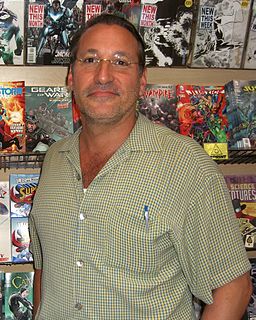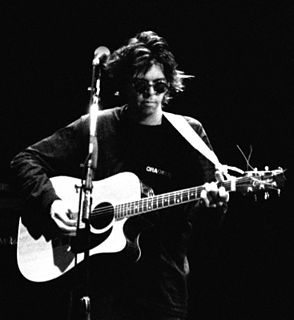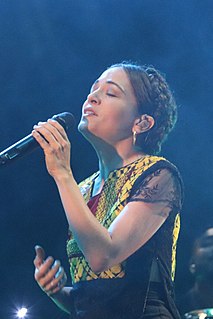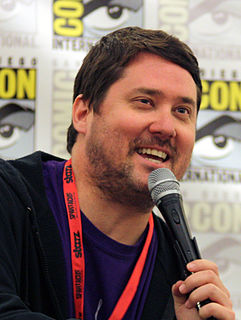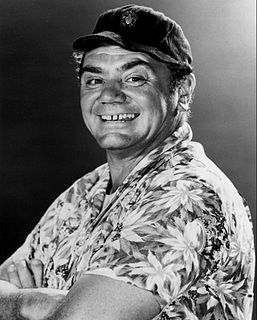A Quote by Stanley Donen
You know, sound was still a fairly new thing when I came into movies. And the reason musicals happened is because of sound. They could put music in the picture! That's how it all began.
Related Quotes
I said it before and I’ll say it again: books are dead, plays are dead, poems are dead: there’s only movies. Music is still okay, because music is sound track. Ten, fifteen years ago, every arts student wanted to be a novelist or a playwright. I’d be amazed if you could find a single one now with such a dead-end ambition. They all want to make movies. Not write movies. You don’t write movies. You make movies.
I often get asked, 'Is the book dead?' It hasn't happened yet. It's different than music. Music was always meant to be pure sound - it started out as pure sound and now it's pure sound again. But books started out as things. Words on paper began as words on paper. The paperback book is the best technology to deliver that information to you.
When you get an idea, so many things come in that one moment. You could write the sound of that idea, or the sound of the room it's in. You could write the clothes the character is wearing, what they're saying, how they move, what they look like. Instead of making up, you're actually catching an idea, for a story, characters, place, and mood - all the stuff that comes. When you put a sound to something and it's wrong, it's so obvious. When it's right, the whole is greater than the sum of the parts. That's a magical thing that can happen in cinema.
Think of the sound you make when you let go after holding your breath for a very, very long time. Think of the gladdest sound you know: the sound of dawn on the first day of spring break, the sound of a bottle of Coke opening, the sound of a crowd cheering in your ears because you're coming down to the last part of a race--and you're ahead. Think of the sound of water over stones in a cold stream, and the sound of wind through green trees on a late May afternoon in Central Park. Think of the sound of a bus coming into the station carrying someone you love. Then put all those together.
What happened in the early days of Disney is that Walt Disney used all of the new technologies as they came out. When matting came out, they adopted it. They adopted sound and color and xerography. Walt did that. And then, when he died, people began to think that this is just about making films, so they stopped bringing in new technologies.
My job on a film is to be responsible for all the sounds in the movie besides the music. Together with my team, we work on the dialogue, foley, sound effects, and sound design. We work closely with the director and picture editor in the prep period, and then together with them, the sound mixers, and music crew, we collaborate on the final mix of the film.
A lot of people forget that today. They come to the point where you walk on a set and the first thing you know you're looking at the sound man and you're saying to yourself, "How the hell can they get any sound when nobody is talking!" They get all mumbly. You can't make out what they're saying! And you're 6 feet away from them! Whereas in the old-time movies, you hear them, you understand every word they're saying, and you didn't have to put on your loudspeaker.
Electronic music was just discovery about sound, all our sound options. The core percussions and melodies, they forget about it, they didn't think about those those for a good four, five years, because they were just discovering the new tools and what they could do with them, you know? The big folk revival, I think is a backlash against that. And now, I think they'll probably try to find somewhere in the middle. It's interesting. It's like push-and-pull. It's always like that, you know? Music history is always like that, this repeating evolution of music.
